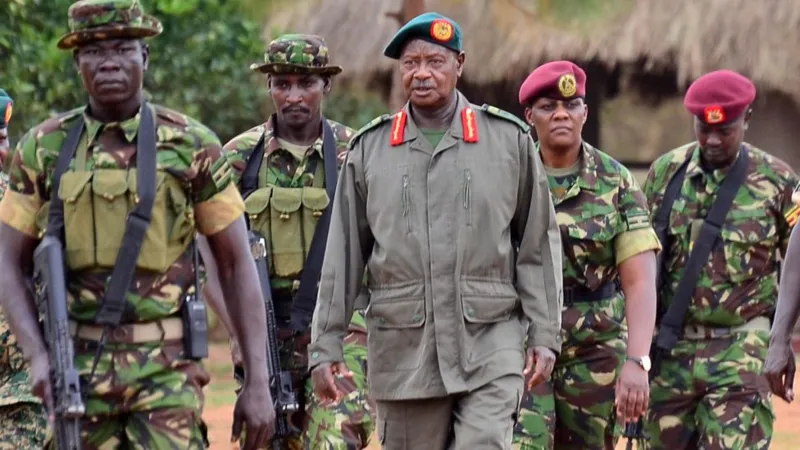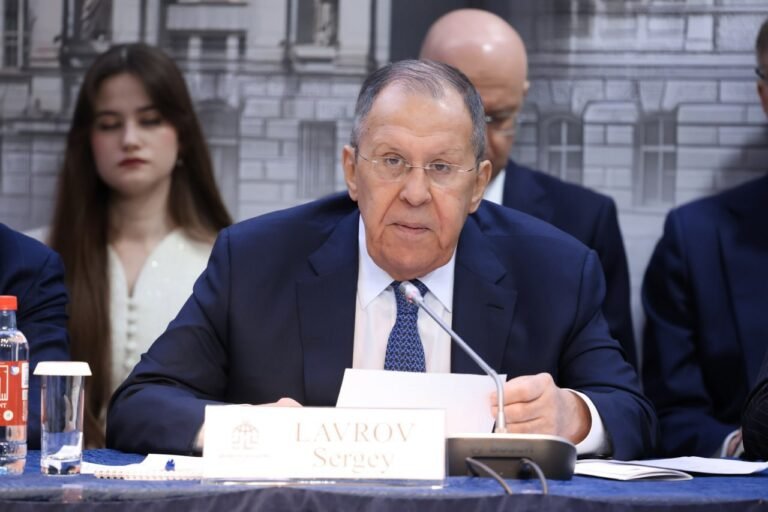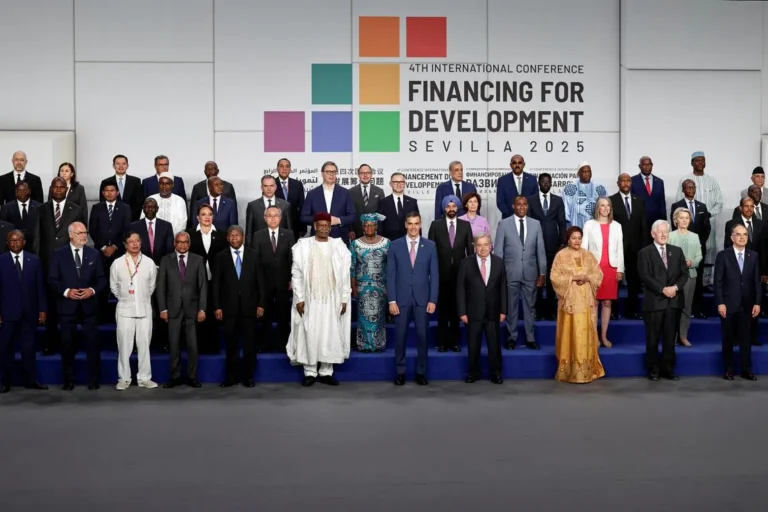
In Uganda, a highly trained and heavily armed military unit, the Special Forces Command (SFC), is increasingly seen as the iron fist behind President Yoweri Museveni’s 38-year rule and the key to his family’s political future. As the 81-year-old leader prepares for yet another re-election bid, critics allege this elite force operates as a private army, abducting, torturing, and silencing opposition to guarantee regime survival.
President Museveni, a former rebel leader, has held power since 1986. None of Uganda’s elections have led to a peaceful transfer of power, and the country has only ever changed leaders through coups or rebellions. The opposition fears the SFC will be deployed, as they claim it was in 2021, to stifle their campaigns in the upcoming vote.
A Force of Loyalty and Fear
The SFC, with its motto “there is no substitute for loyalty,” is the most powerful unit within the Ugandan military. Described by analysts as the “best-trained, best-equipped, and best-funded,” its members are a common sight on the streets of Kampala, toting sub-machine guns and sometimes wearing masks.
For years, the SFC was commanded by Museveni’s son, Gen Muhoozi Kainerugaba, who is now the army chief and has openly expressed his desire to succeed his father. Gen Kainerugaba is credited with expanding the SFC into a force of over 10,000—a significant number compared to the regular army’s estimated 40,000 troops.
“It’s like a shadow army within the army which is only answerable to the president and his son. Its rise and influence is causing resentment among senior generals,” a military source told the BBC.
The unit’s core function, according to Dr. Gerald Bareebe of York University, is “to guarantee regime survival,” shielding the ruling National Resistance Movement (NRM) from both internal dissent and external threats.
Allegations of Abuse and Impunity
The SFC has been repeatedly accused of human rights abuses. Opposition leaders, like former pop star turned politician Bobi Wine, describe it as a “torture squad.” Bobi Wine claims he and his colleagues are frequently targeted and beaten by SFC officers.
While the SFC denies involvement in abductions and torture, its officers have been convicted of abuse. In one prominent case, an SFC soldier was sentenced to death for shooting dead three people. In another incident that sparked public outrage, Gen Kainerugaba himself confirmed on social media that his “boys” were holding an opposition bodyguard “in my basement,” mocking the detainee’s shaven head.
The Uganda Law Society condemned the act, calling it part of a “systematic campaign to silence dissent” and evidence of a “dangerous nexus of military power and political oppression.”
Legitimizing Power and Fears of Conflict
The shadowy unit’s power was formally cemented in June when Uganda’s parliament passed a law recognizing the SFC as one of the country’s four official military services. Opposition MPs argued this legitimized an “illegal” entity that should be disbanded.
This consolidation of power has drawn parallels to other African nations. Analysts fear a potential power struggle between the SFC and the regular army in a post-Museveni era, similar to the conflict in Sudan between the army and the paramilitary Rapid Support Forces.
“My greatest fear is that we don’t know what will happen when Museveni goes and there is dissent within the army,” said opposition MP Ibrahim Ssemujju Nganda.
Dr. Bareebe echoed this concern, warning that a “stand-off between the SFC and the regular army… could trigger significant political instability and even violence.”
A Family Dynasty in the Making
The situation is compounded by the perception that Museveni is building a family dynasty. His wife is the education minister, his son is the army chief, and recently, his grandson was enlisted into the army.
With Gen Kainerugaba at the helm of the military and maintaining de facto control over the SFC, some analysts believe he is well-placed to hold rival factions together and ensure the Museveni dynasty continues. For the opposition, however, such an outcome would be the ultimate expression of an undemocratic state, secured by a “shadow army” operating with impunity.





